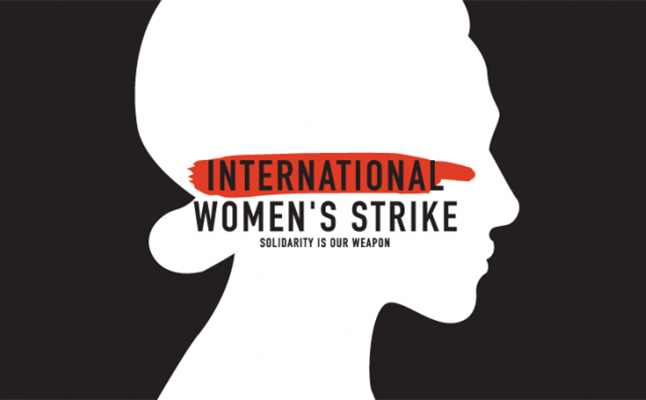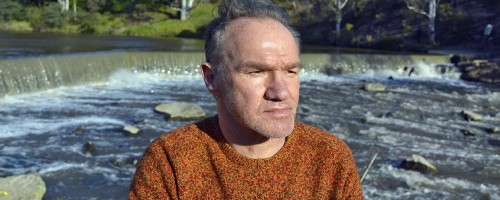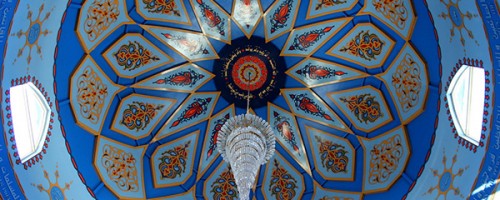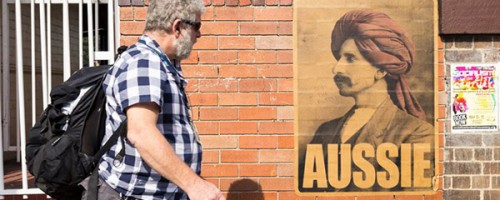In 1996, in a remarkably prescient letter to Jorge Luis Borges, penned a decade after his death, Susan Sontag hypothesised a possible future of reading: ‘Soon, we are told, we will call up on ‘bookscreens’ any ‘text’ on demand, and will be able to change its appearance, ask questions of it, ‘interact’ with it. When books become “texts” that we “interact” with according to criteria of utility, the written word will have become simply another aspect of our advertising-driven televisual reality.’
For some time now, Muslim activists have been increasingly aware and vocal about how their identity continues to be evacuated of political content. That this identity has momentarily exhausted its political potential can be gleaned from its consistently exhausted looking ambassadors, like Abdel-Magied, as they desperately try to affect the right composure, the pithy expressions, and the sufficient expertise to make themselves heard and taken seriously, not least by their opponents.



















